Montreal other than Scintillation. Plus: inexplicable symbolic architectural embellishments
Aside from the actual Scintillation events, it was nice to be in Montreal.  I’d only been there once before, as a teenager, when the family trekked up to see Expo 67. Alas, we did not stay for long, as the trip was cut short by one family member who decided not to have good time. (Hint: that person was not me, nor my sister, nor my mother, and there were only four people in our family.)  We left after not seeing very much at all.
I do recall, however, that one did not need a passport to visit Canada in those days. I driver’s license would suffice.
This time I spent a lot of pre-trip angst worrying that I’d forget my passport and get turned back at the border! I put the word PASSPORT! in various locations in my to-do lists, notes and bulletin board. Just in case.
I had not realized that Quebec was so flat between the border and Montreal.  It was quite flat, for many miles, and very agricultural.
I got all excited when we crossed the St. Lawrence Seaway. I don’t know why, but ever since reading about it in my Geography book as a kid, it just seemed to me a very cool thing. And it was! Except that the bridge we were using (the Champlain Bridge) was under repair and squeezed down to two lanes. Meanwhile, what looked like a brand-new bridge was being constructed right next the the one we were on, and it looked like it was going to be absolutely gorgeous: a graceful, modern design.  With plenty of lanes.
Actually, much of Montreal seemed to be undergoing repair — at least the parts that we were driving in. A lot of stop and go, and we did not complain, as most cities have some of that going on. New York, for example. Plenty of repairs. But it was Sabine who noticed the key difference.
Nobody was honking their horns. Nobody was running the red-lights, or creeping into the intersections. No causing gridlock. And when the traffic cops gave a directing wave, everybody did what they were asked to do.
Whoah, we said. Canada.

The hotel was very nice (if hard to figure out how to enter), right adjacent to Montreal’s Chinatown. Loved the koi pond in the lobby, with the stone paths criss-crossing it.
And I took a little time out to wander the area (both alone and with Sabine), and got some good exercise and interesting sightseeing.
There seems to be a lot of public art…
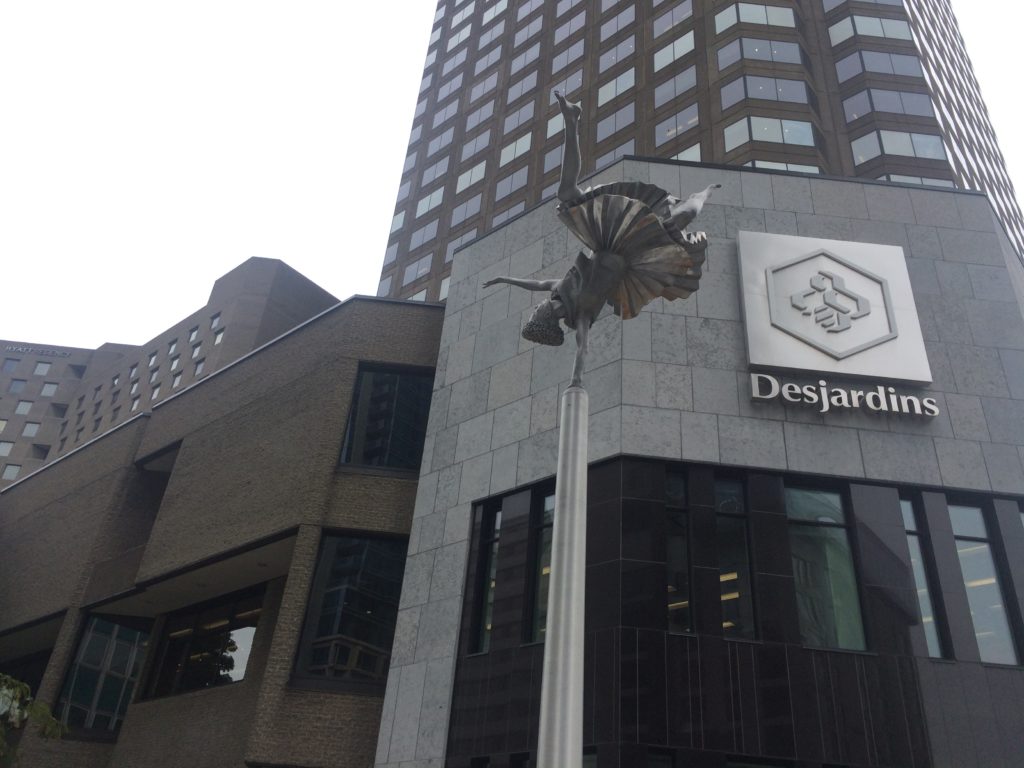
This pole was QUITE tall.
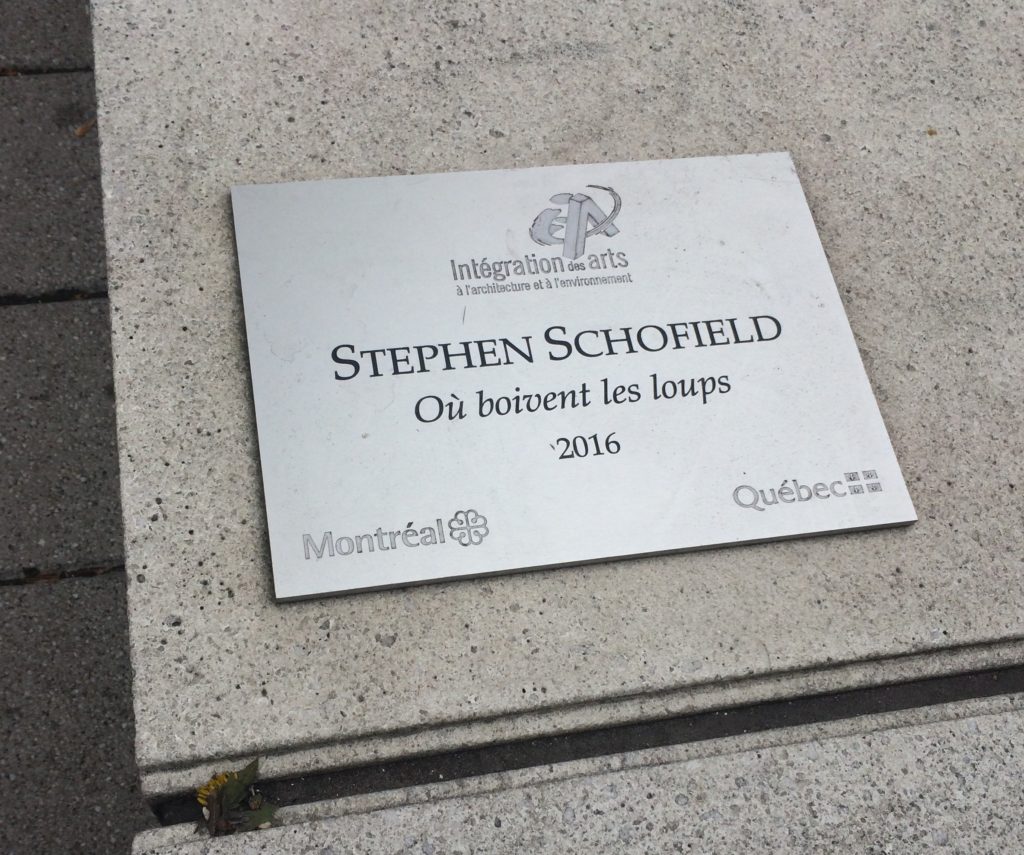
Credit where credit is due.
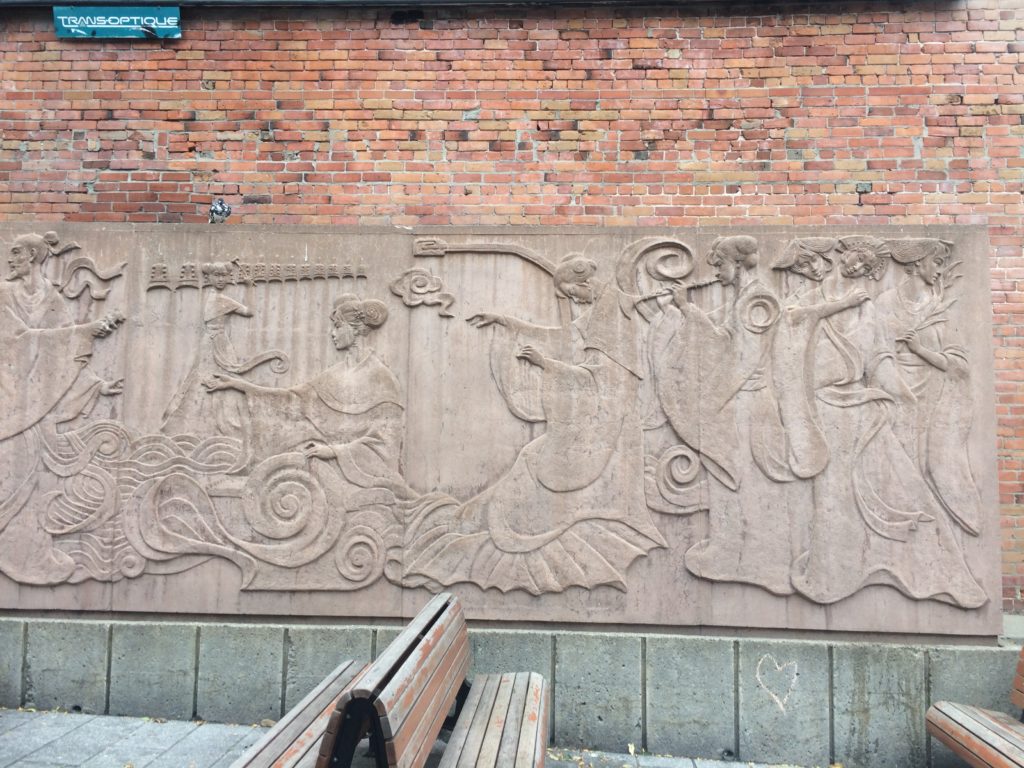
A mural in Chinatown.
And then there was this:
These ladies were up on the third floor of a building — apparently just a random building, with nothing special in it other than old offices and a ground-floor shop of some sort. They are left over, I assume, from a time when the building was much more important, and when buildings in general were likely to feature Important Patriotic Messages! Embodied as women. Carrying meaningful symbols.
I often make a point of looking for odd architectural embellishments on old buildings, especially statuary.  And when they represent the apotheoses of some presumed elevated principle of a bygone era, even better.
These gals delighted me. And confused me…
We see here, from right to left:
A Native North American, because hey, Canada. Let’s include the people who were here first!
Next, there’s… well, she doesn’t look very Asian, but that’s Buddha in a lotus position on her shield so…Â this was right adjacent to Chinatown, so one can see the connection they’re going for, right?
Then, well: white lady with a good ol’ British lion, hurrah!
But then, on the far left:

Why here?
That’s a stereotype of a pharaoh-style head-dress. And hieroglyphic-style figures on the shield…
So… why Egyptians? Why on the front of a building? In Montreal?
What’s the message? I’m baffled!
Can anyone explain this? Because I just can’t decode this one.
Also: I’d like to give a shout-out to author Su Sokol and her partner Glenn Rubenstein, who made it possible for Sabine and me to not miss the Dead Dog party on Sunday night, when we would have otherwise been driving home. Su and Glenn let us stay in their guestroom, with zero forewarning, and provided interesting conversation as well! And breakfast the next day.  It was really kind and generous of them.
On the way home, we stopped off at Lake Champlain, which was lovely, even in the rain.
For some reason, people build cairns along the shore. I don’t know why.


![Winter Tide (The Innsmouth Legacy) by [Emrys, Ruthanna]](https://images-na.ssl-images-amazon.com/images/I/51-TwKi4VTL._SY346_.jpg)

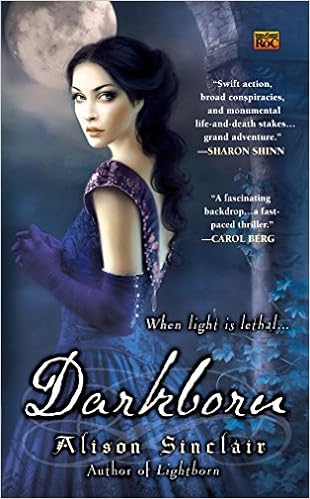
![Arabella of Mars (The Adventures of Arabella Ashby Book 1) by [Levine, David D.]](https://images-na.ssl-images-amazon.com/images/I/51PXIrhLHUL.jpg)
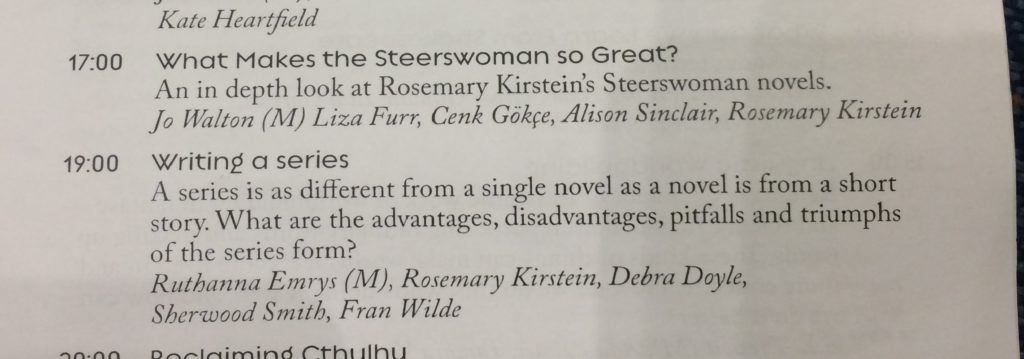

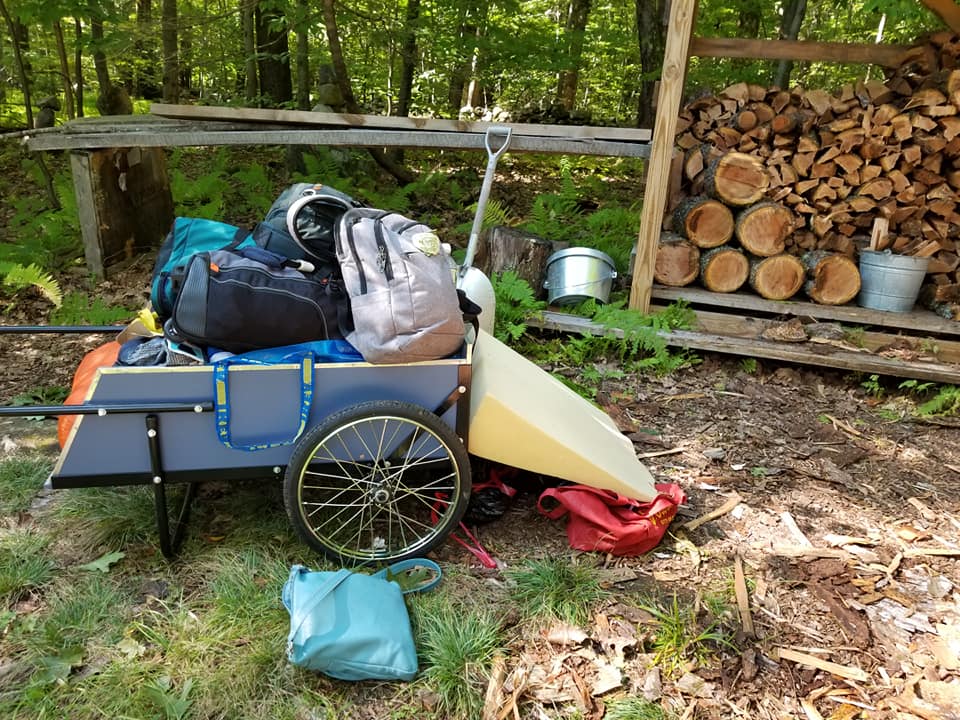
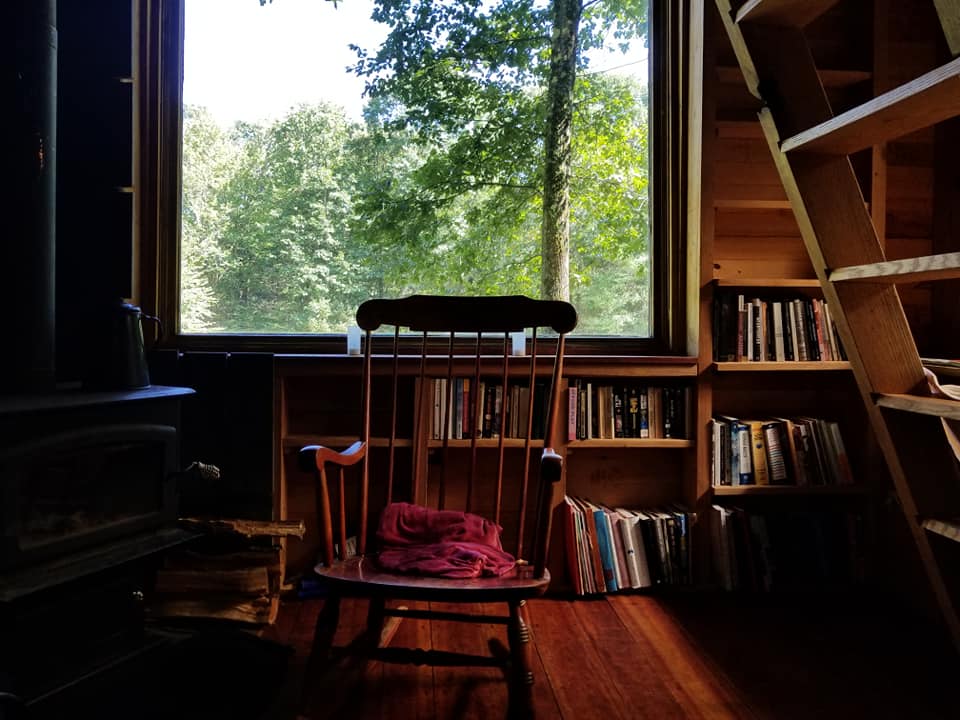
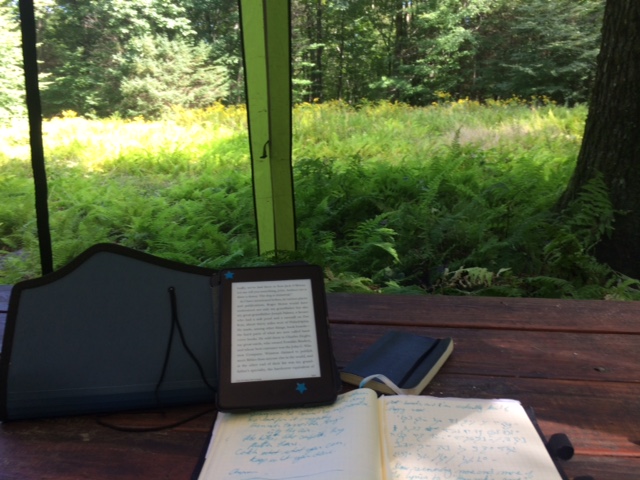
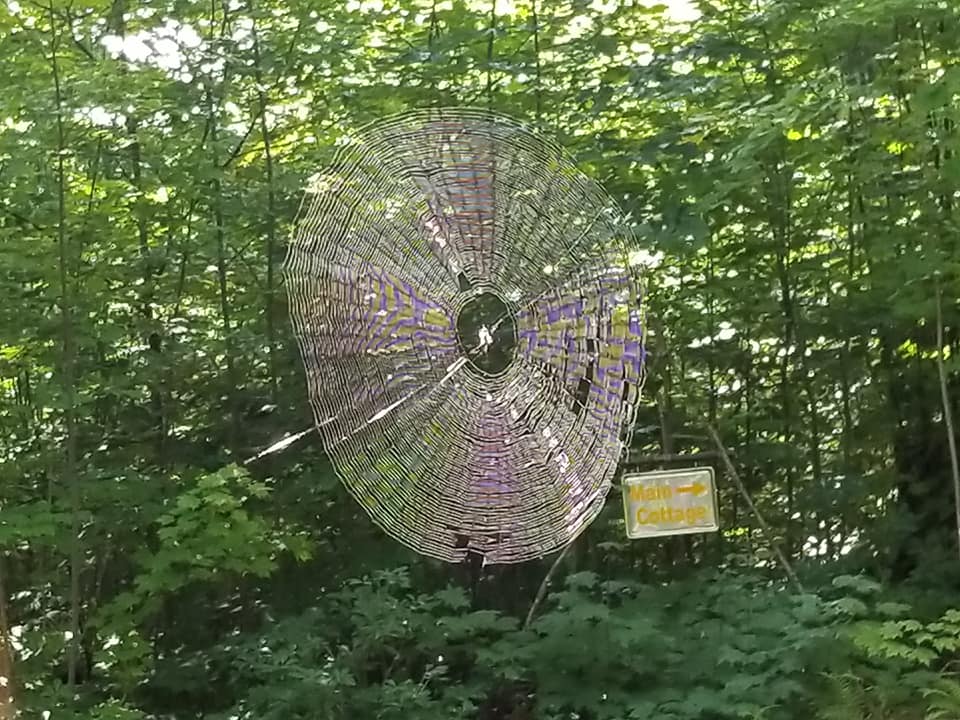
![Lockstep: A Novel by [Schroeder, Karl]](https://images-na.ssl-images-amazon.com/images/I/51ef4P8tBCL._SY346_.jpg)
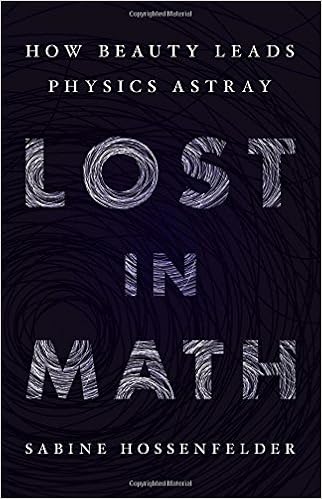
![Everfair: A Novel by [Shawl, Nisi]](https://images-na.ssl-images-amazon.com/images/I/51D4QLVuhsL._SY346_.jpg)
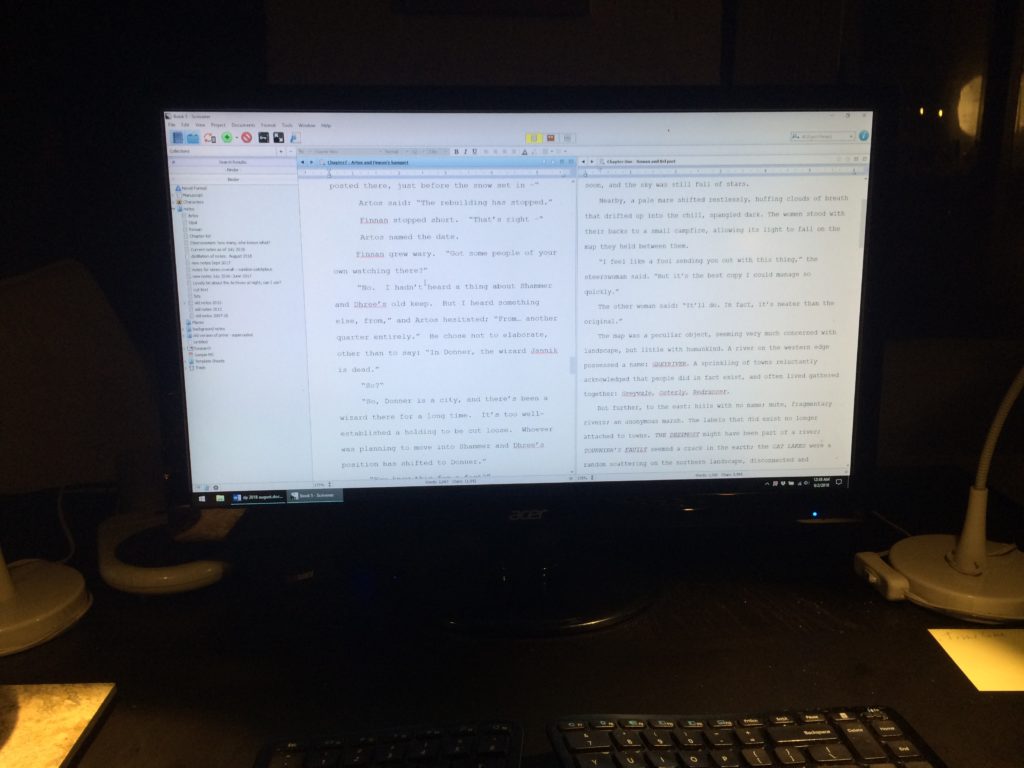
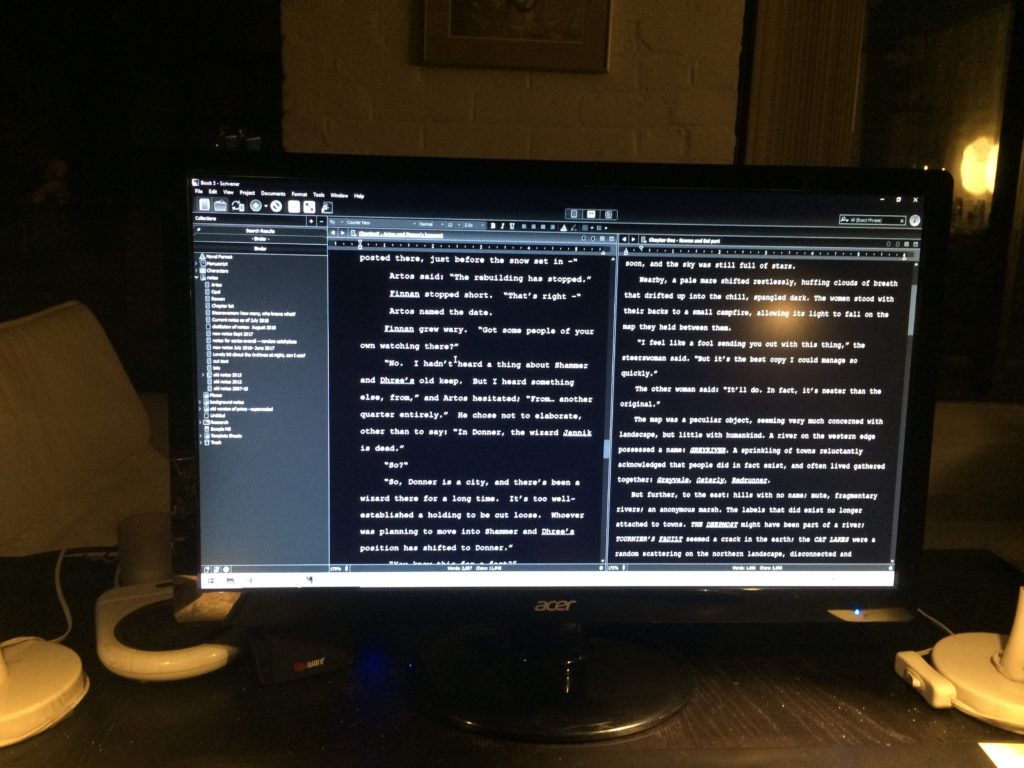


![Jim Henson: The Biography by [Jones, Brian Jay]](https://images-na.ssl-images-amazon.com/images/I/51AZxXQHtbL.jpg)
![Deep Roots (The Innsmouth Legacy) by [Emrys, Ruthanna]](https://images-na.ssl-images-amazon.com/images/I/51bDeWbRXeL._SY346_.jpg)